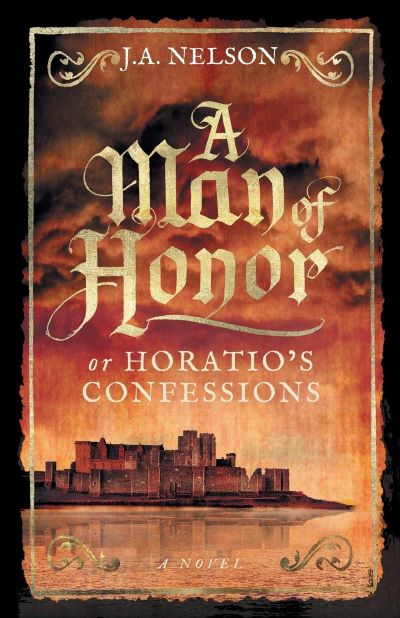purchased from Kennys Bookshop
Description from Goodreads:
Living alone with his dog in the remote cabin in the woods, Julius Winsome is not unlike the barren winter lands that he inhabits: remote, vacant, inscrutable. But when his dog Hobbes is killed by hunters, their carelessness—or is it cruelty?—sets Julius's precarious mindset on end.
He is at once more alone than he has ever been; he was at first with his father, until he died; then with Claire, until she disappeared with another man into a more normal life in town; and then with Hobbes, who eased the sorrow of Claire's departure. Now Hobbes is gone.
Julius is left with what his father left behind: the cabin that he was raised in; a lifetime of books, lining every wall of his home, which have been Julius's lifelong friends and confidantes; and his great-grandfather's rifle from World War I, which Julius had been trained to shoot with uncanny skill and with the utmost reluctance. But with the death of his dog, Julius's reluctance has reached its end. More and more, simply and furtively, it is revenge that is creeping into his mind.
Fresh snow is on the ground as the hunters lumber into his sights. They're well within the old gun's range. They pause, and they're locked into the crosshairs. Julius's finger traces the trigger. Will he pull it? And what will that accomplish? What if he simply has nothing left to lose?
My take:
This was an amazing book. It is very compelling and beautiful while be extremely disturbing as well. And yet it was strangely tranquil for all that. I loved the descriptions of Julius's life in his isolated cabin in the Maine woods surrounded by his father's books. There is so much that is attractive to the avid reader about his life. The isolation, the quiet, all the books, the freedom to live as he chooses without outside distractions. However, Julius lives in a precarious mental state. The death of his dog Hobbes at the hand of a hunter, sends him on a path of revenge and extreme violence. The book is beautifully written, stark and haunting. I read this in one sitting because it was just so compelling.
Some of my favorite passages from the book:
People defeat the winter by reading out the nights, spinning pages a hundred times faster than a day turns, small cogs revolving a larger one through all those months. The winter is fifty books long and fixes you to silence like a pinned insect. . .
. . . If that were the case, whether Hobbes had ever been in my life, or I in his, mattered little to the world or anyone in it, only to me now. You attach yourself and suffer when you don't have it anymore. But he made my days shorter when I had no one else, his friendship present even when no gain occurred.




No comments:
Post a Comment